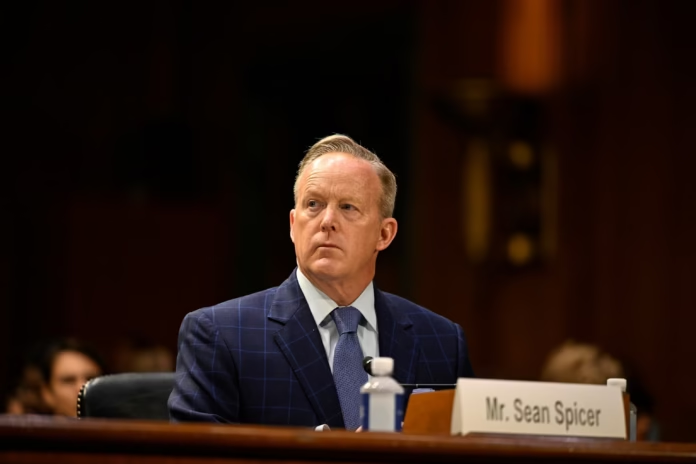When I tuned into the Senate Judiciary Committee’s hearing on former President Joe Biden’s cognitive fitness, I expected at least a hint of fresh insight into whether he truly oversaw daily decisions. Instead, I found witnesses with no direct experience in the Biden White House and a near‑total boycott by Democrats, leaving the session largely unproductive and focused on partisan theater.
Hearing Overview
Senate Republicans convened the hearing under the title “Unfit to Serve: How the Biden Cover‑Up Endangered America and Undermined the Constitution.” Their goal was to examine allegations that President Biden relied excessively on aides and possibly used an autopen device to sign executive orders, raising doubts about his mental acuity. In my view, a hearing of this nature should rely on firsthand testimony or clear documentation. However, the three witnesses called—Sean Spicer, Theodore Wold, and John Harrison—lacked direct roles in Biden’s administration, which weakened the hearing’s impact.
Democratic Walkout and Reactions
I noticed that Democratic senators made a strong statement by largely walking out in protest. Only Senators Dick Durbin and Peter Welch briefly attended before leaving the chamber. Durbin criticized the hearing as a distraction from urgent matters—pointing out recent crises like the assassination of a Minnesota lawmaker and the handcuffing of Senator Alex Padilla—arguing that these events deserved the committee’s attention over “armchair diagnosing” of Biden’s health. Senator John Cornyn, by contrast, labeled the boycott “an admission of guilt” and used the absence to argue that Democrats had no defense for alleged concealment of the president’s condition.
Key Testimony from Sean Spicer
I found Sean Spicer’s testimony especially striking because he never served in the Biden White House. He focused on what he called “media bias,” comparing the intense scrutiny of President Trump’s mental state with what he claimed was leniency toward President Biden. Spicer asserted that legacy outlets “covered up the obvious decline” and praised Trump’s “energy and mental focus.” Senator Katie Britt then asked if new accountability mechanisms were needed to ensure reporters follow all evidence. While Spicer’s points were sharp, I question their relevance to Biden’s own decision‑making record, since media coverage alone cannot prove or disprove cognitive fitness.
Autopen Signature Controversy
Republicans spent a good portion of time on the autopen issue. Theodore Wold claimed that Biden used the device “on many occasions, including for controversial pardons of family members.” Senator Ted Cruz asserted that after July 15, 2022, most executive orders bore autopen signatures. Witness John Harrison added that three distinct signature styles suggested a mechanical process. In my opinion, raising these questions is fair, but without White House records or expert handwriting analysis presented in the hearing, this line of inquiry remains speculative.
Limited Findings and Next Steps
By the end of the session, the committee had uncovered no new evidence that Biden lacked capacity or that a cover‑up occurred. As Senator Eric Schmitt acknowledged, the absence of firsthand witnesses left the probe with more questions than answers. Still, Senate Republicans signaled they would press on. Senator John Cornyn said they plan further sessions and document requests, while the House Oversight Committee has already scheduled a follow‑up hearing on June 27, issuing subpoenas to Biden staff and his White House doctor.
My Take
I believe the hearing illustrated the limits of partisan investigations when they lack direct testimony. If I were advising the committee, I would urge them to seek insiders who can speak to Biden’s daily work habits or official records that prove the autopen claims. Until then, the public is left to wonder if these sessions serve any purpose beyond political grandstanding.
Sources: ABC News, The Guardian

